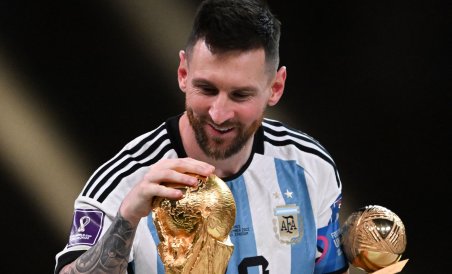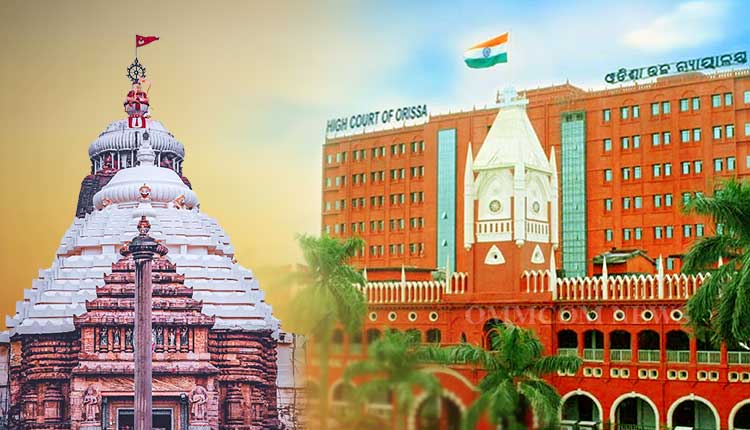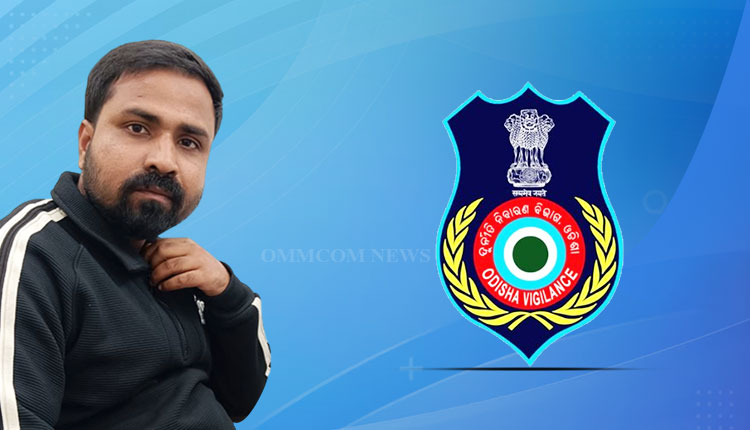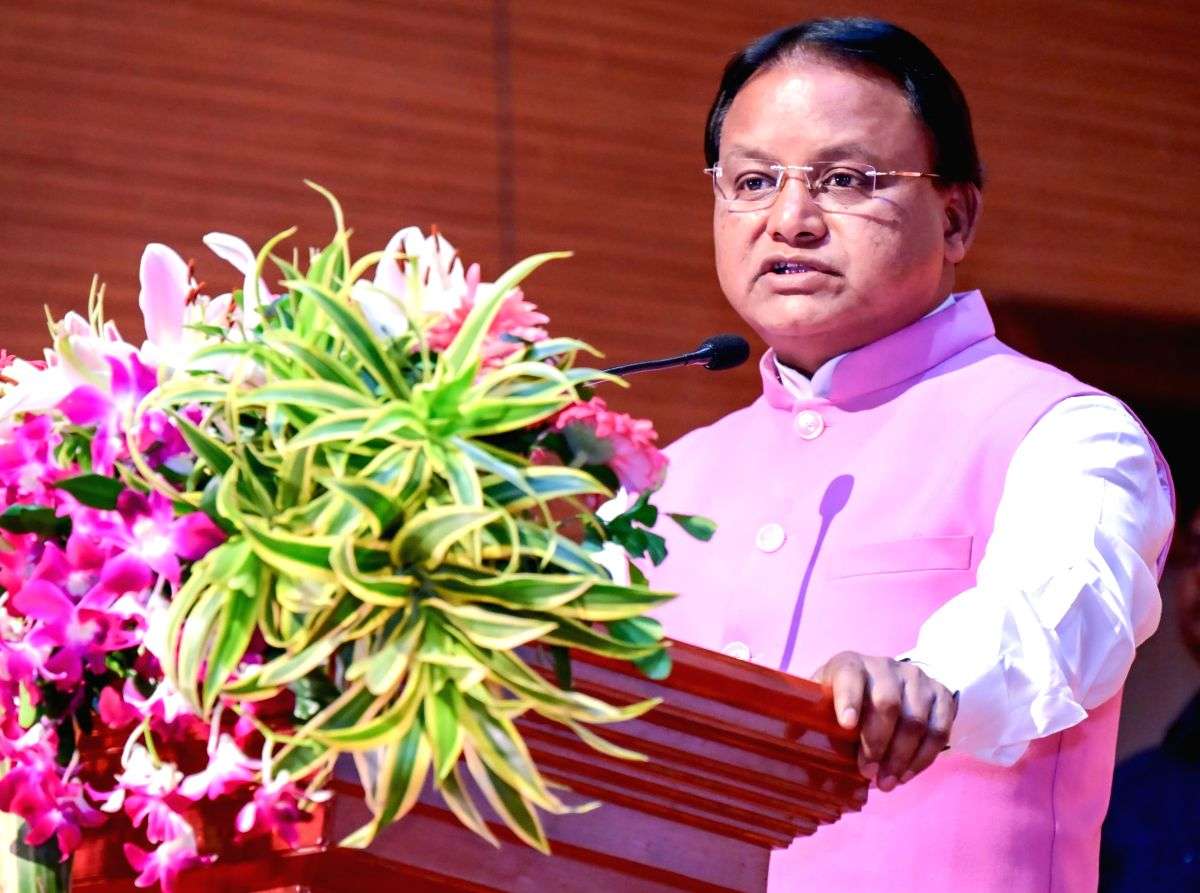Doha, 19/12: Lionel Messi had to wait and wait and wait. He had to wait until he was 35. He had to wait until he had already lost a World Cup final. He had to wait after he had seemed to have won it for Argentina in normal time, and he had to wait after he had believed he had beaten France again in extra time.
He had to wait until the end of the most extraordinary final in the tournament’s history, in which Messi offered a career-defining performance and was still, somehow, outdone by Kylian Mbappé, scorer of the first hat trick in the biggest game there is for more than half a century.
Only then, at the last, was Messi’s wait, his agony over. Only then did he deliver the World Cup, that precious third star, to Argentina, cementing his claim to be the greatest player to have ever played the game.
The emotion that has accompanied Argentina on its journey to the final has been so raw, so volatile that it seemed inevitable that the final step on the road would have to be taut and frenetic and angst-ridden. There was, after all, some 36 years of history, as well as the defining legacy of Messi’s career, at stake. That carries enormous weight.











